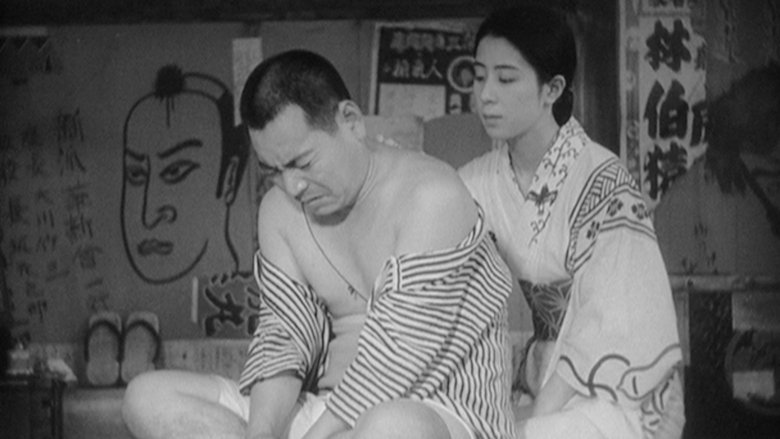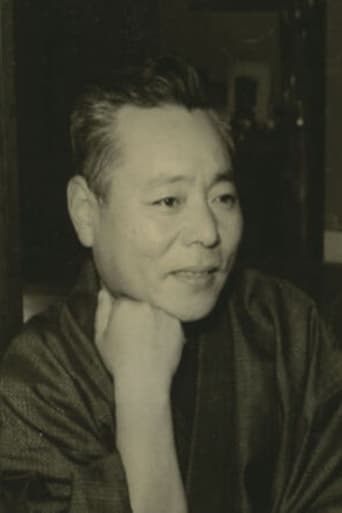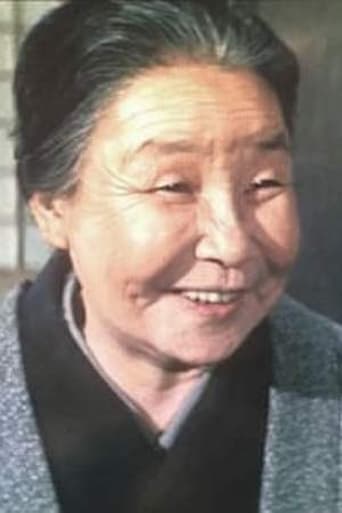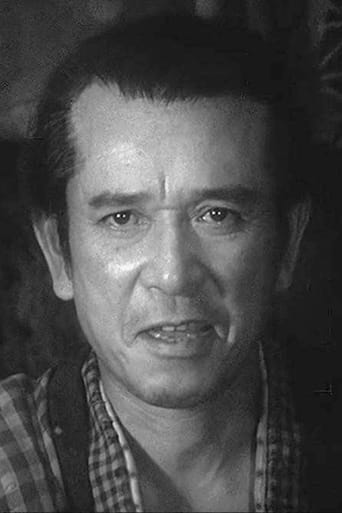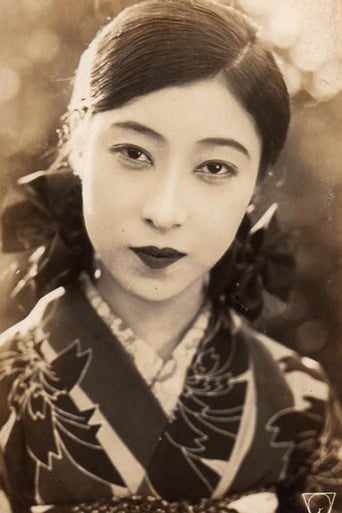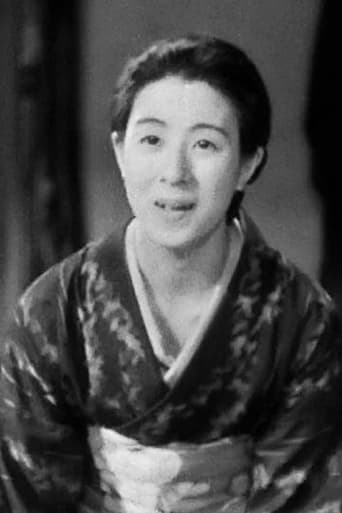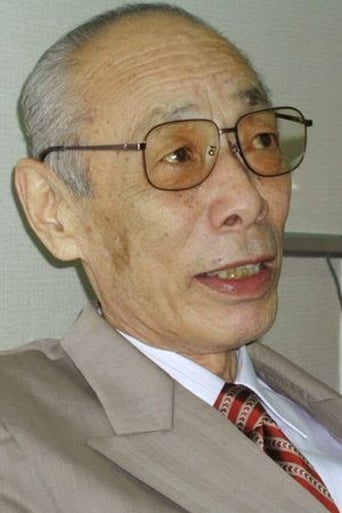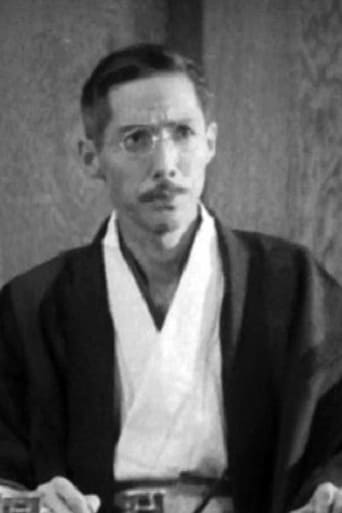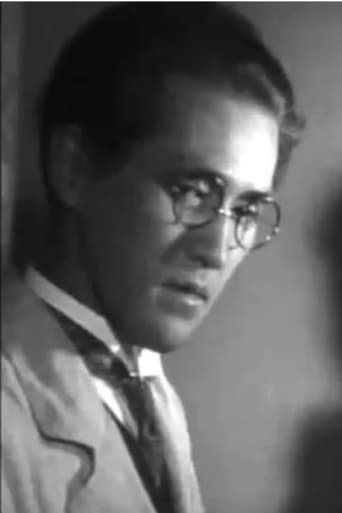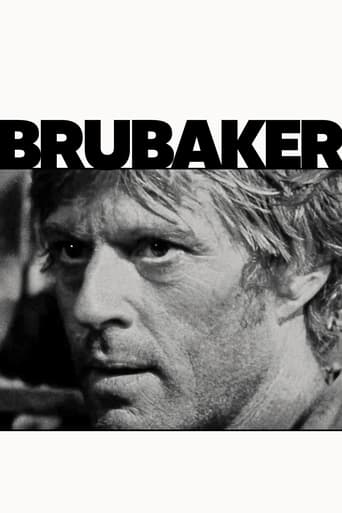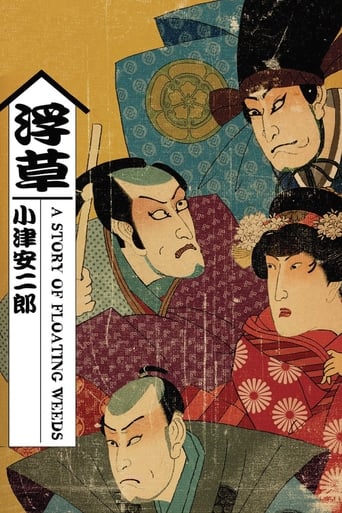
A Story of Floating Weeds
November. 23,1934An aging actor returns to a small town with his troupe and reunites with his former lover and illegitimate son, a scenario that enrages his current mistress and results in heartbreak for all.
Similar titles




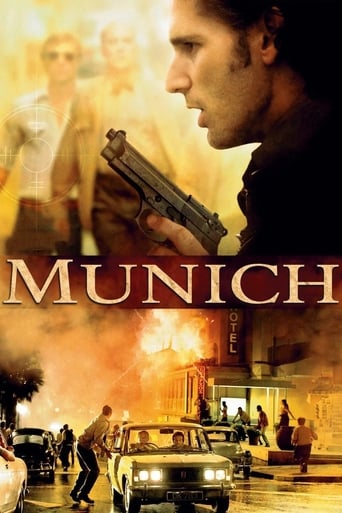
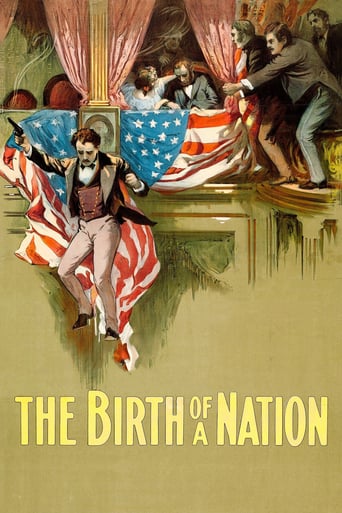

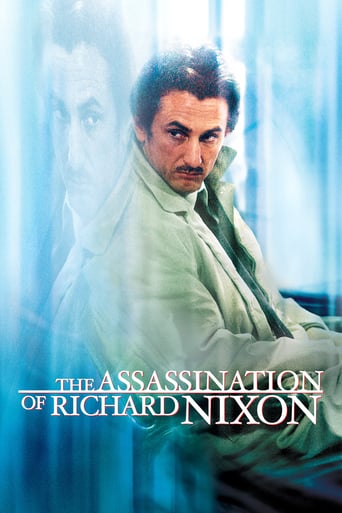


You May Also Like


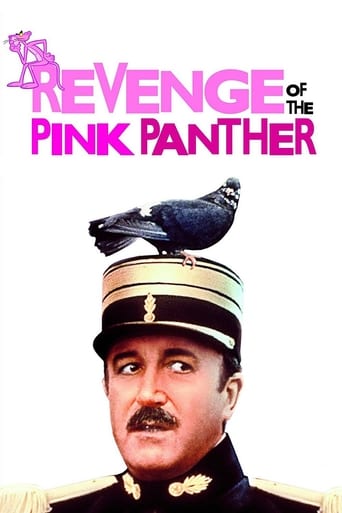
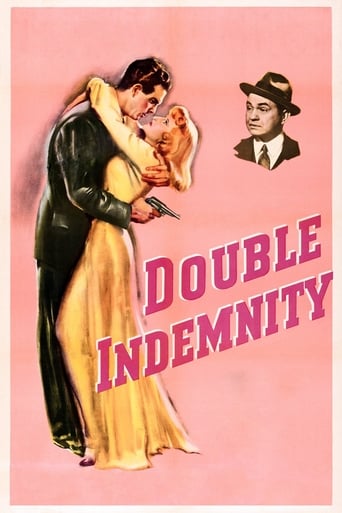
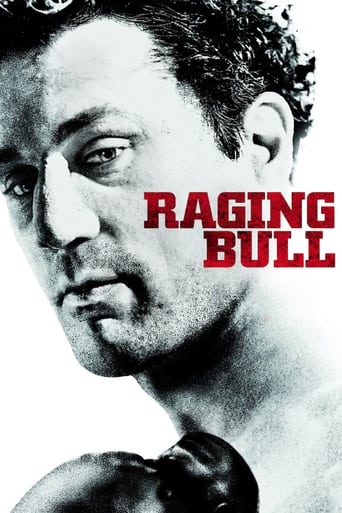

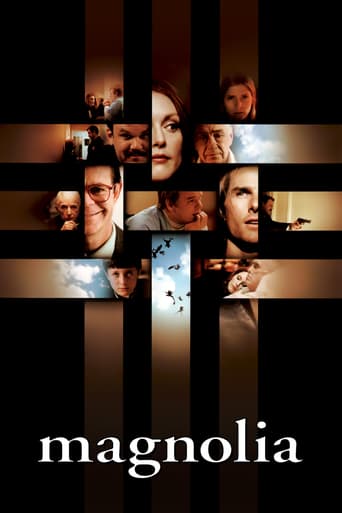
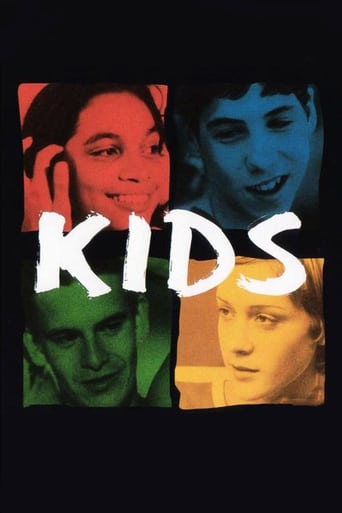
Reviews
Memorable, crazy movie
Good movie but grossly overrated
A lot of fun.
Ok... Let's be honest. It cannot be the best movie but is quite enjoyable. The movie has the potential to develop a great plot for future movies
People float, their stories, the roles they perform and worlds they bring to life, this is the main thrust of the film. So I have been recently surveying early Ozu as part of two personal quests: the first of these is where I'm looking for images of some purity from the first hours of cinema. The film is fine in this regard, Ozu's most renowned silent film about a kabuki actor returning with his troupe to his hometown to confront a difficult past. There is concentrated mind, a clear gaze. Composed shots, especially outdoors. But hardly any noticeable difference from his previous films. Why this is held in comparatively higher esteem than say Dragnet Girl or Passing Fancy, I posit has a lot to do with a more overt Japaneseness.Earlier Ozus were distinctly modern: I Was Born But.. about schoolkids growing up in a rapidly Westernized Japan, Dragnet Girl about a young boxer drawn to the excitement of gangster life. Tokyo Woman unraveled like what was called a 'kammerspiel' in Weimar Germany. There was no benshi narrating these, as was the traditional norm adopted from Japanese theater. They employed the Western fashion of intertitles. Western garb for the leading players. References to movies, music records, boxing, corporate or factory work.But this one has some of that exotic appeal that first fascinated the rest of the world about Japan. The same thing as the Mizoguchi revival in the 50's. For some reason, Western viewers are a lot more receptive to Japanese films that validate idealized preconceptions.Now my other quest where this fits into, is films that visually or otherwise exemplify the karmic resonances that move our worlds. What kindles our emotional fires. In the best of cases, this means a storytelling part governed by a set of abstract parameters that control how we tell that story. How the world is in turn colored and appears to us. At around this time, in the West this was primarily being developed as film noir.The Japanese are some of the most reliable to turn to for this: cultural seclusion cultivating purity, plus many actual practices for doing so - from gardening to making tea. The effort is to embody the world as it comes into being, this is the level that Western art has rarely managed to attain. It's worth getting to know about these things, if only to shatter those preconceptions. A tea ceremony is not about pomp or quaint etiquette but meditation. So here we have a man who has abandoned his child and run off to play roles on a stage. Turns out he has become known for what is grouped together in kabuki as bandit plays, folk legends about heroic scoundrels. (a famous example of these that you have the chance to see adopted to film and from this era, is Kochiyama Soshun by Sadao Yamanaka).Presumably this is how he views himself, a man who is wrong by conventional standards but deep inside pure. Now and then he returns home, again playing a role. This early misdeed returns to haunt him: his son is seduced by a woman from his troupe, another actor performing a role. He learns the truth and in turn seems ready to run off. The whole thing replicates itself, recycling the same floating story. Only forgiveness can sever the destructive karma that has been set in motion.Again this is fine and the film worth watching. What it's missing however, I believe is an additional layer that resolved ordinary drama on stage, conflating performance of the inner story with the one we are watching as our film about it. Transitory but precious humanity, rendered visually as a play passing through town. A lot of room for improvisation, as real life shapes the thing.Imbalance that reflects impermanence is the key. Instead we get balanced drama.If you have time and the resources and as example of what I'm talking about, I recommend that you look for a silent French film called Eldorado from '21, where a female dancer sublimates motherly woes into seductive dance. It is more primitive in some ways, but in others not.
Yasujiro Ozu was perhaps the greatest obsessional filmmaker in history. Thus, it's no surprise that not only did he rework the same themes over and again in his films, but that he also redid earlier films of his own years later, such as 1932's I Was Born But... as 1959's Good Morning. The most famed examples of this trait are 1934's silent black and white A Story Of Floating Weeds (Ukikusa Monogatari), written by Ozu and Tadao Ikeda, and 1959's sound color film, Floating Weeds (Ukigusa), written by Ozu and Kôgo Noda. Both films, whose titular metaphor revolves around the lives of itinerant actors, tell basically the same tale, in slightly different ways, with differently named characters. They follow the ups and downs of the leader of a really bad theater troupe, on its last legs (not unlike the characters from Federico Fellini's first film, Variety Lights), who lands in a town and visits an old girlfriend who bore him a son. In both films, the son believes his father is really his uncle, and the major development in the films is how the father's jealous actress girlfriend tries to sabotage things by having a pretty young actress seduce the son, thus recapitulating the father's key moment in life, one the father believes ruined his chance at stardom and happiness.If one is thinking that this is the stuff of pure melodrama, it is. But that's true only on the surface. This is where depth and execution of an art come into play. It also abnegates claims that Ozu eschewed plot in his films for melodrama is about nothing if but plot. While it's true he did not strive for A to B to C narratives, and preferred 'organic' story growth, the fact is that all his films had plots, and good ones. But they were not plot driven, nor dependent upon the heavyhanded machinations most drama and films rely upon. The difference between having a plot and being plot driven is something most critics seem to not understand. Ozu simply removes the superfluous plot moments and adds contemplative, poetic, and metaphoric shots in their place, what are termed 'pillow shots.' The emphasis is thus not on the driving, but the driver, of plot. After all, the tale of a parent who has a long lost child is not fresh, although the way it's told can be.As for the films, the earlier one is actually the slightly better film, mostly because it's more concise- clocking in at 86 minutes vs. the two hour remake .In defense of the later film, it has more humor (one character from the troupe claims his name is Toshiro Mifune- the great star of so many Akira Kurosawa films; a nod to Ozu's rival), and the son's reaction to the news about his father seems a bit more mature and realistic than in the earlier film, while the mother seems more resigned to her lover's leaving, rather than being devastated- as in the earlier film. But the ending of the earlier film, on the train, is better, for when we see the troupe leader reunited with his love, and see the sleeping child, the earlier film leaves no doubt that the leader is wistfully thinking of his son, while the later film does not. Another plus that the later film has is its use of color and symbolism, which is far more striking. The opening scene contrasts a lighthouse in the background with a foregrounded bottle. It is a stunning visual image, and such phallic symbols abound in the film, as bottles are repeatedly seen, and there is a scene where the local prostitutes tease the male troupe members as they suck on popsicles. We then see the lighthouse from other perspectives over the course of the film. The earlier film is not set at a seaside town, but in a rural area, and the scene of the father and son fishing is superior in the later film, for there is no oddly stylized synchronization of the pair tossing their fishing lines into the river, over and again, as in the 1934 film, and what the duo speak of- their views on the father's approach to acting, is far more cogent than in the silent version, whose major moment is when the father drops his wallet into the running water. The later version also mimetically puts the father and son in the position of the bottle in relation to the lighthouse at the film's opening. What this means, from a phallic perspective, is open to several interpretations. Another major difference between the two films is that the earlier film has more motion in it- literally. It was made before Ozu got caught in his tatami mat point of view mode, and therefore the emotion of the drama is recapitulated better in the earlier, more kinetic, film .Both A Story Of Floating Weeds and Floating Weeds are proof that not all obsessions result in negativity, a thing one might remind oneself of the next time someone speaks ill of that trait. They are also fine examples of what made Yasujiro Ozu a great artist, even if the art in them might fall just a bit shy of overall greatness. Viva obsesión!?
Admittedly, this is the first film I've seen of Ozu, but I definitely get a sense that this wasn't a great place to start. It was pretty good but I could almost feel Ozu's slower, more contemplative style really straining to come out.It's a melodrama about a traveling actor and his son, who thinks he (the actor) is his (the son's) uncle. When "Uncle" comes to visit with his struggling acting troupe, the 20-year-old son falls in love with one of the actresses under the uncle, which causes a lot of drama as actors are very low class in the Japanese society of the time and the father left his son specifically to keep him away from such a low-class situation (at least that's what he says... his motivations may be a bit different).The key thing at work in this film is definitely craft. Ozu obviously has a very specific, strong craft to the way he organizes things. Yet still this film is rather straining against it's cuts, so to speak, and even if I haven't seen it, I'd imagine Ozu's own remake "Floating Weeds" is better as it's probably more contemplative and presents the dialog-rich story in sound.I'm not saying this is a bad film in any rate, I'm just saying that I can tell from watching it that Ozu can do better.--PolarisDiB
"A Story of Floating Weeds" (1934) was the second Yasujiro Ozu's film I've seen. Like with "Tokyo Story", I kept asking myself, why the film that was made so many years ago about the people who lived so far away in the world I don't know much about is so wonderfully engaging? Why was I so drawn to the characters of this human drama? The story is simple: an aging, traveling actor who is the manager of a kabuki troupe returns to a remote village where he secretly meets his former lover and her 19 year old illegitimate son, to whom he is known as "uncle." The older man finds happiness in communicating with his son who turned to be a fine young man. His current mistress, filled with jealousy because of his attachment to his secret family, hires a young beautiful girl, the member of a troupe to seduce a boy.Directed by the great director and humanist with elegant simplicity, genuine interest to his characters and restraint, this moving film is never melodramatic or manipulative.I liked the music score written specially for the film in 2004. I tried to watch it silent but it would take me more than one viewing to get used to no music score at all.Seems that Ozu valued the film and thought about it a lot - he himself made a remake in color and sound 25 years later.
Top Streaming Movies











